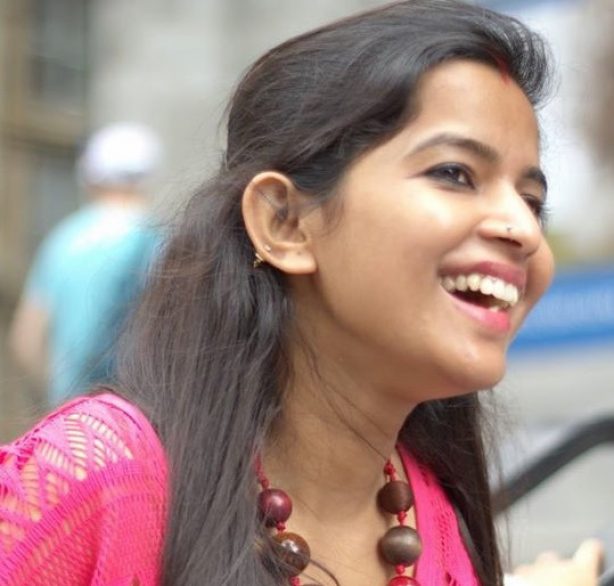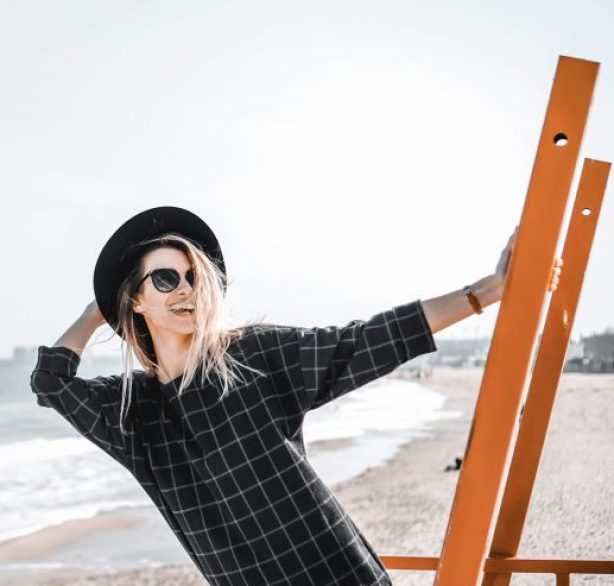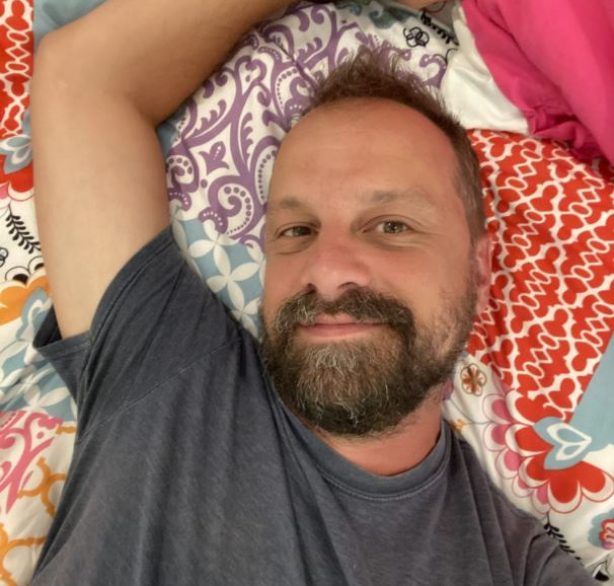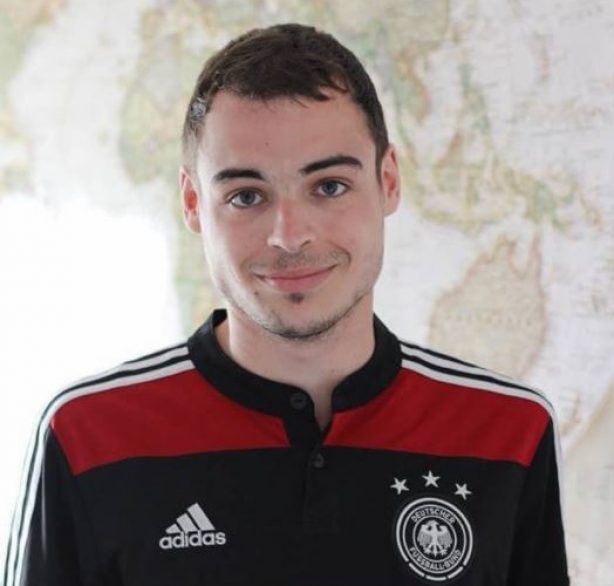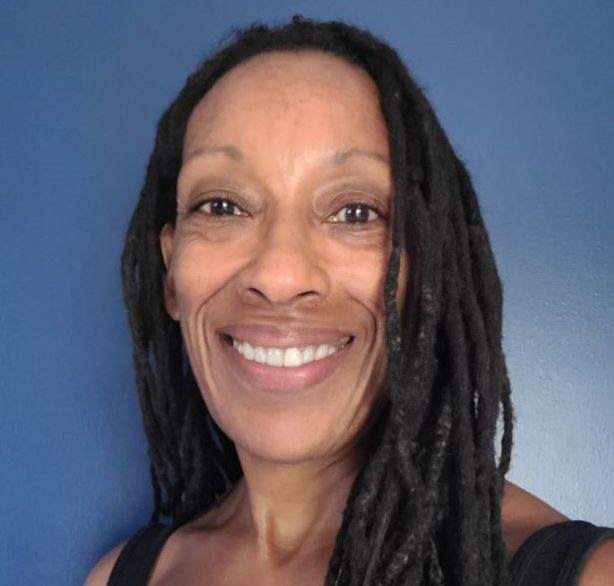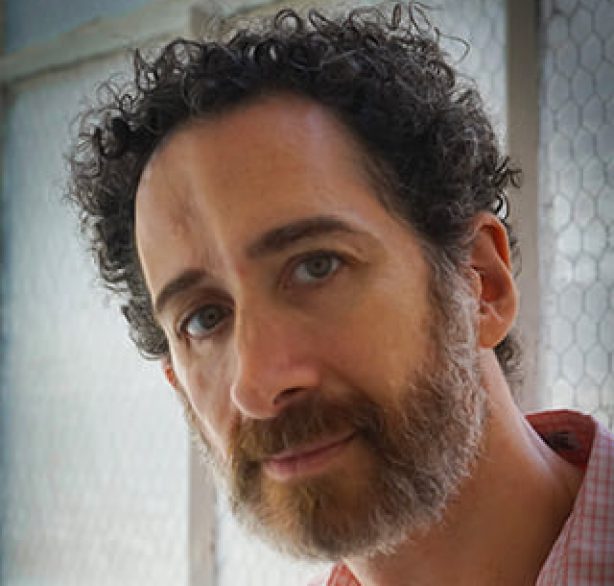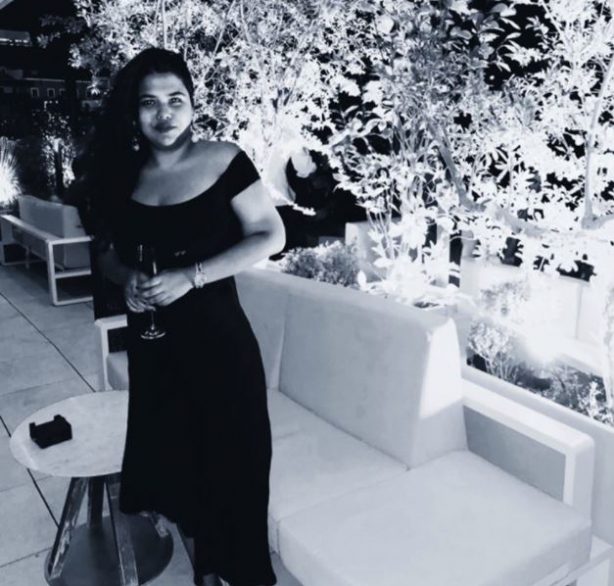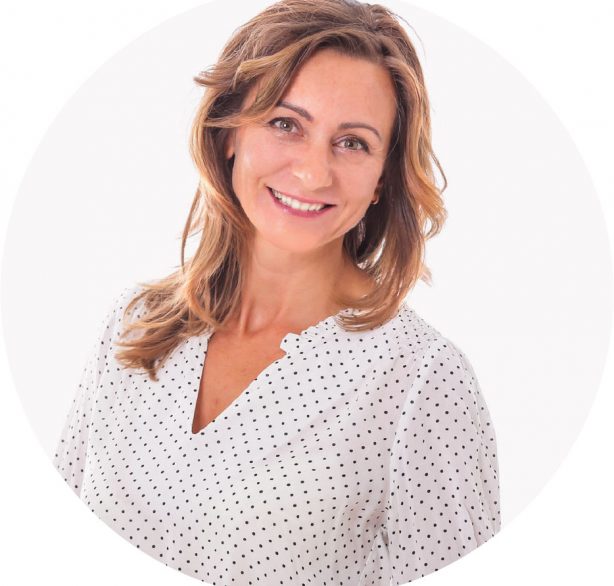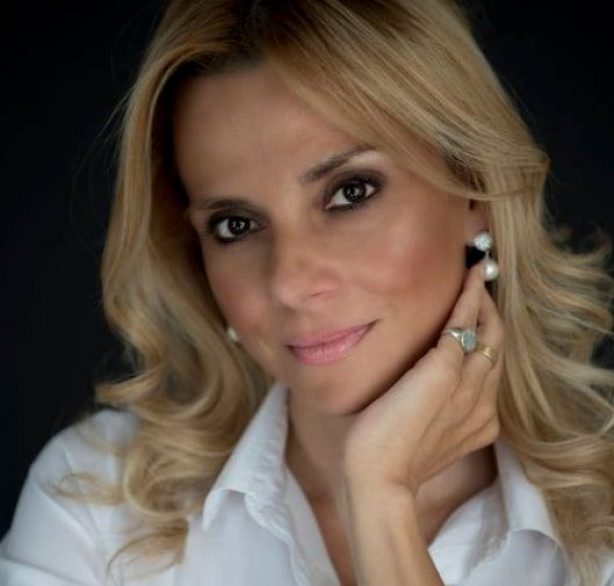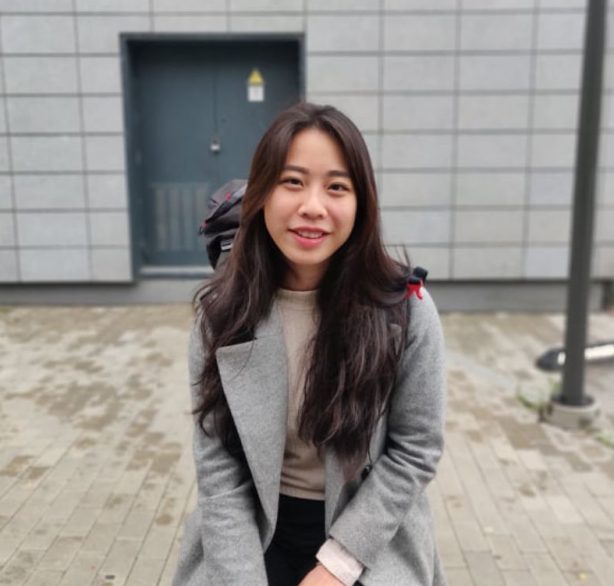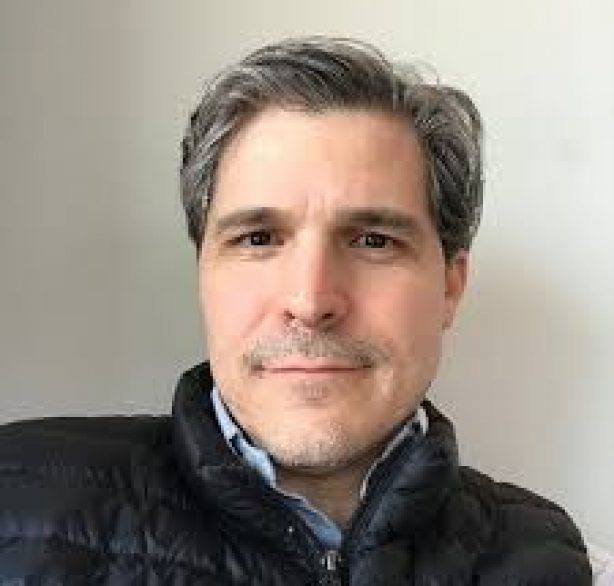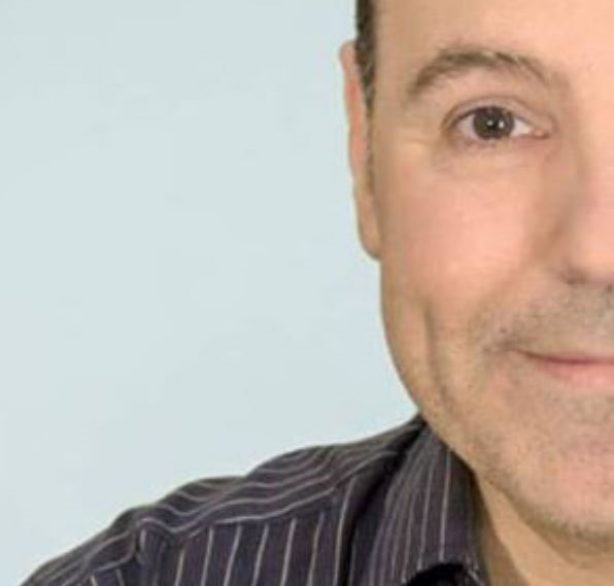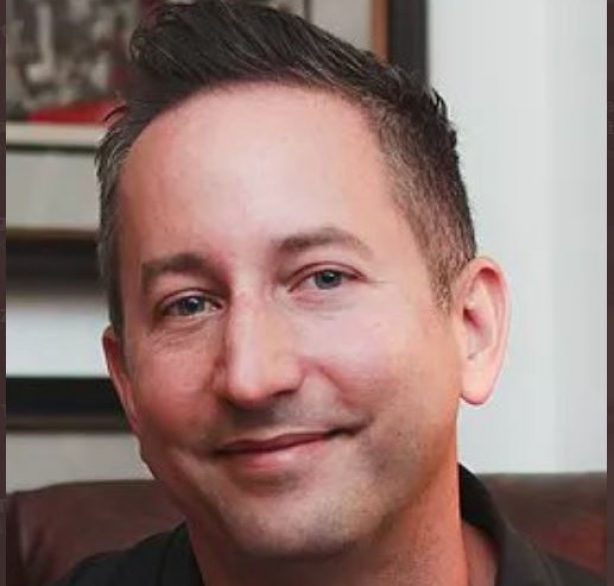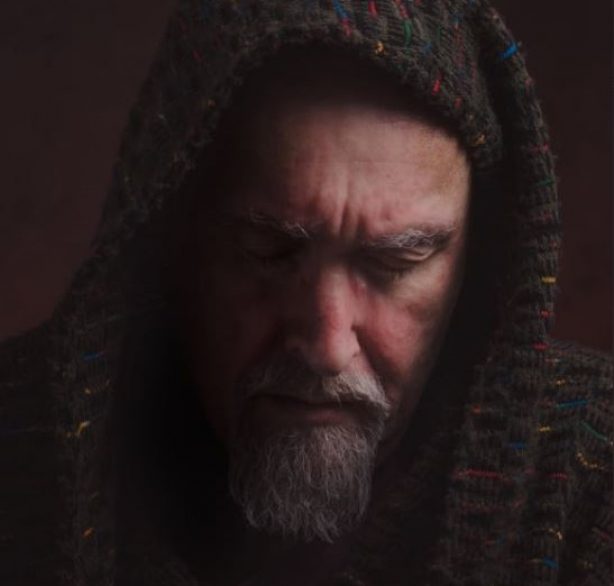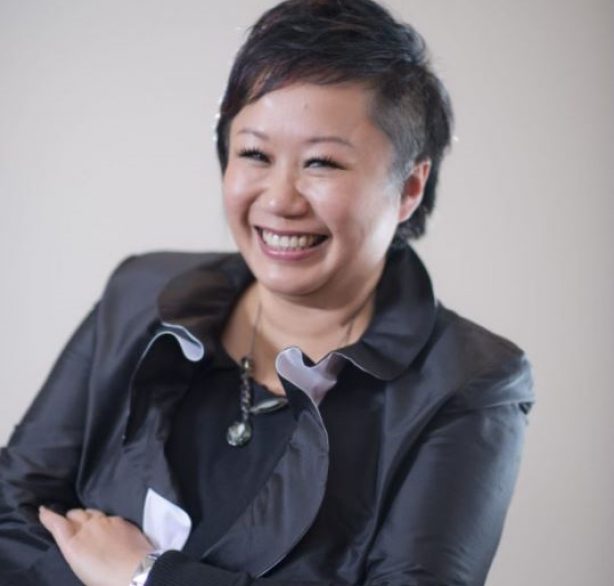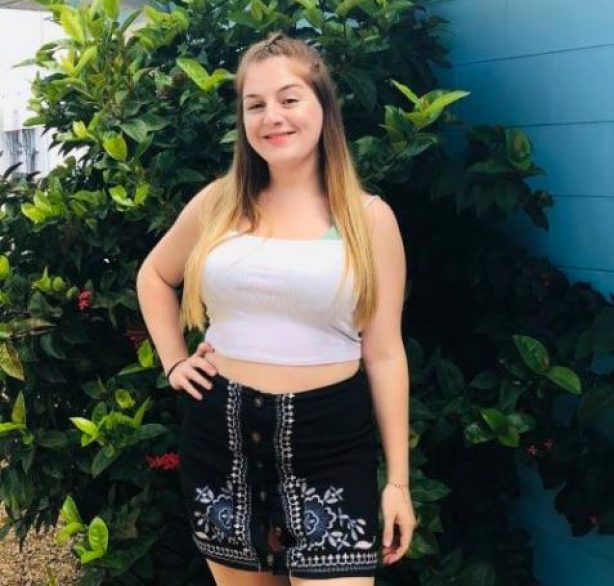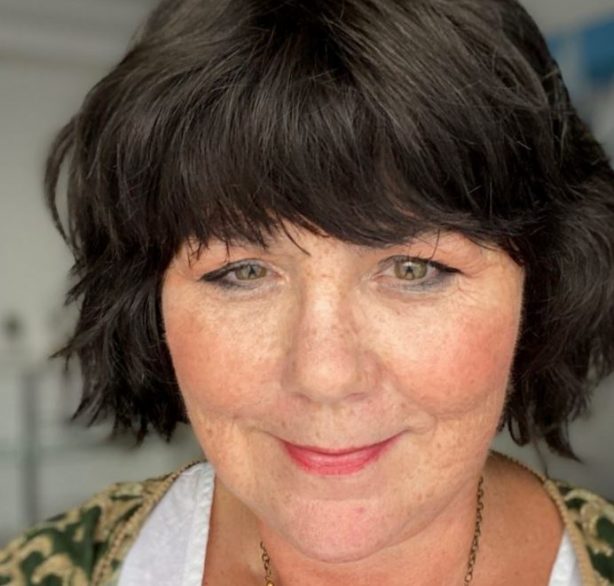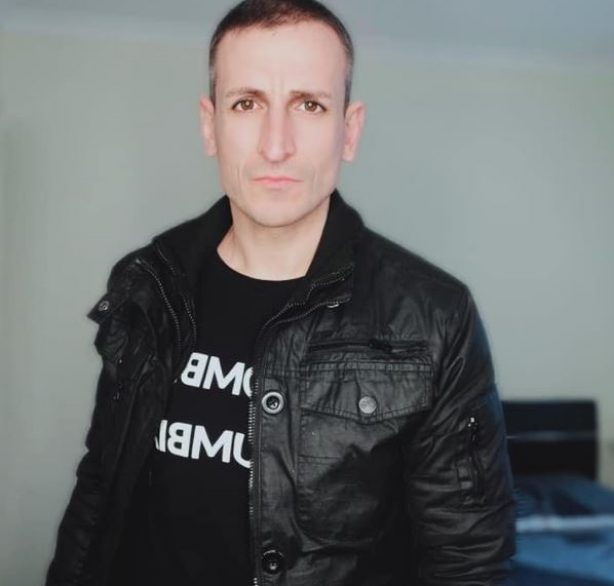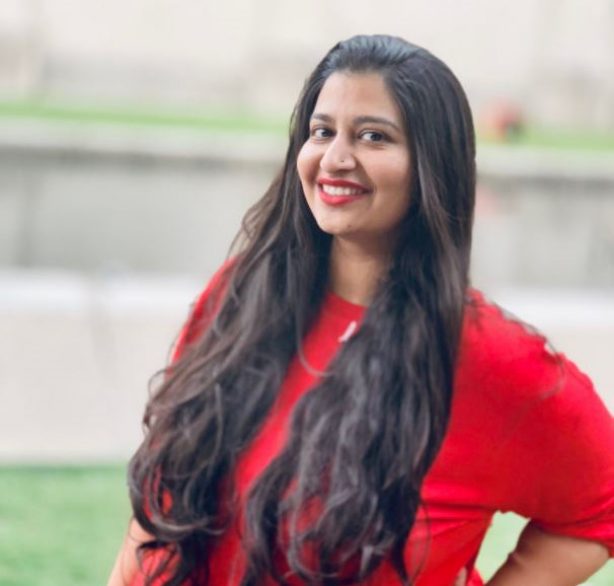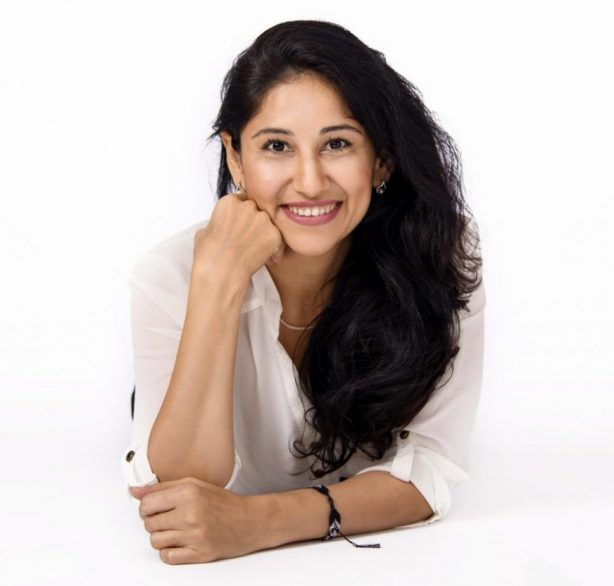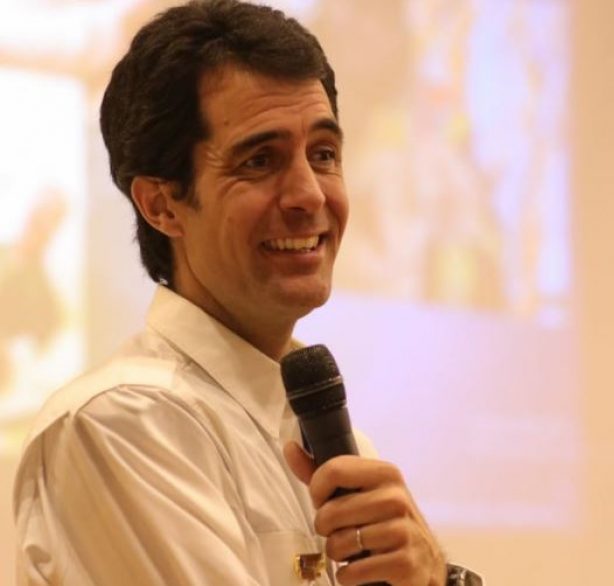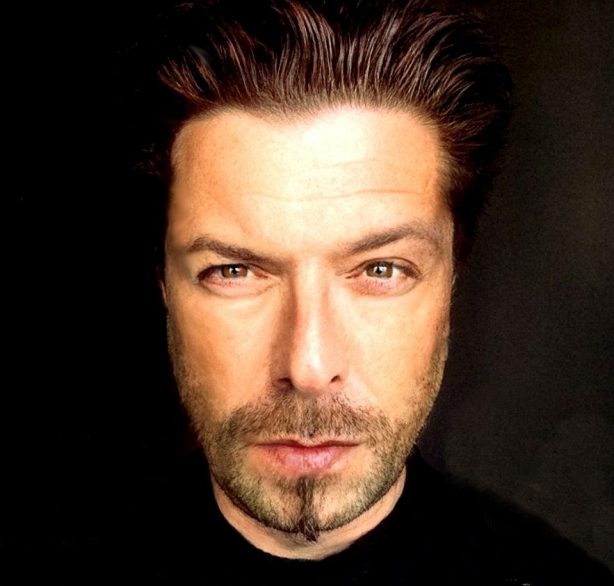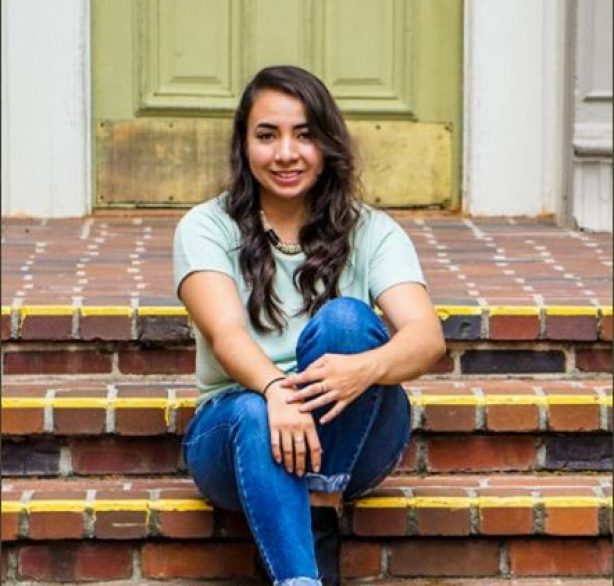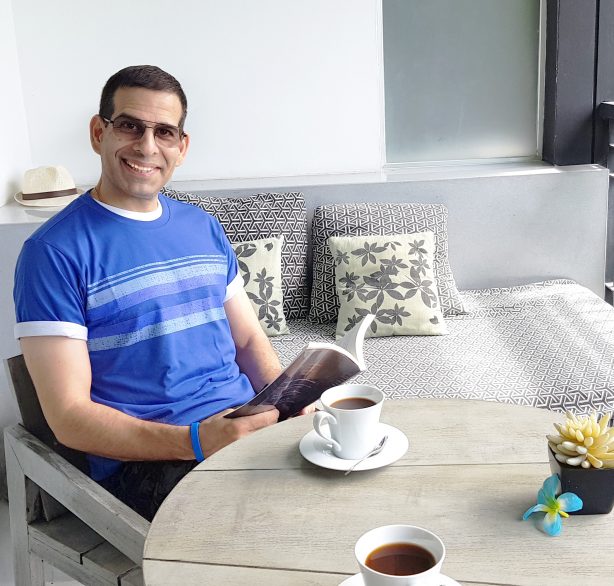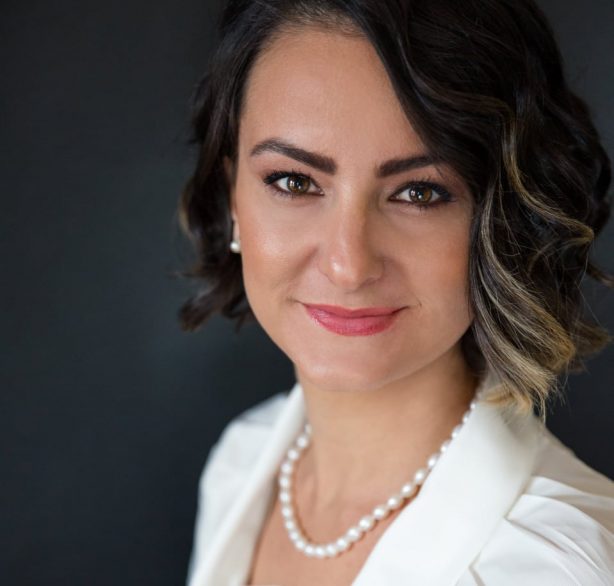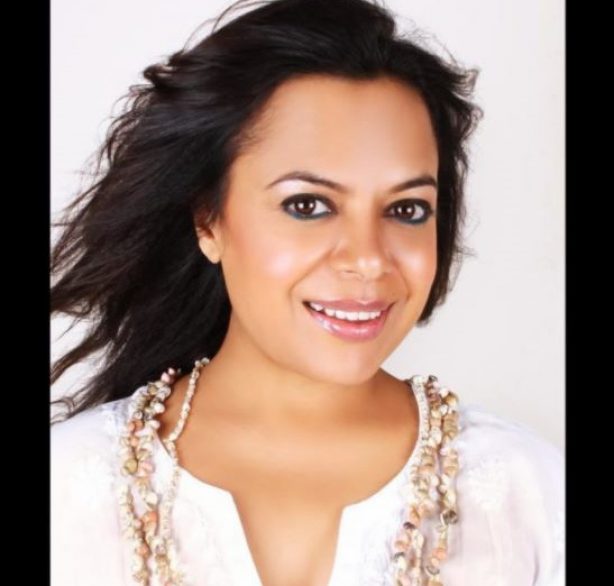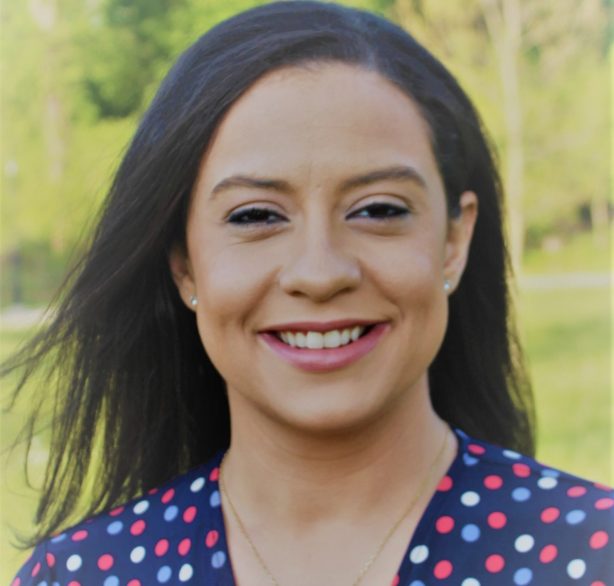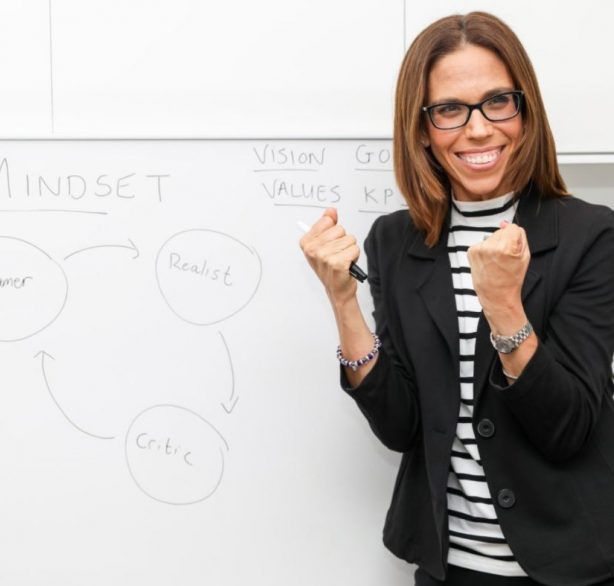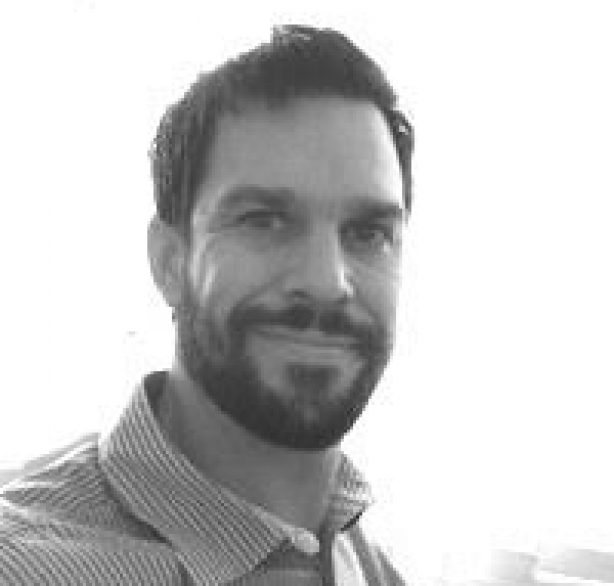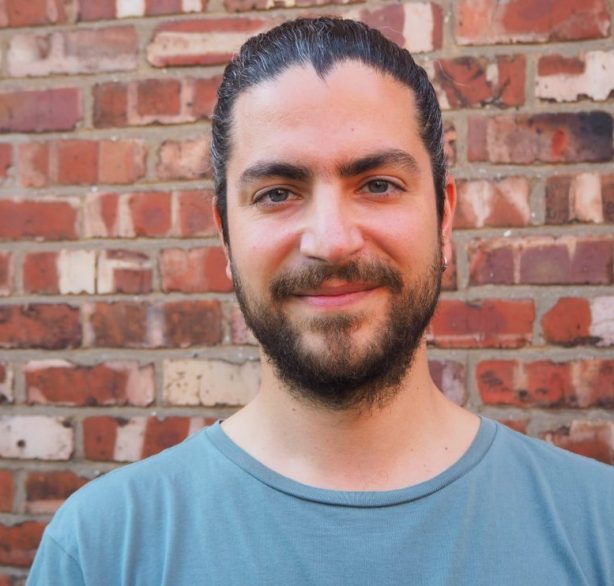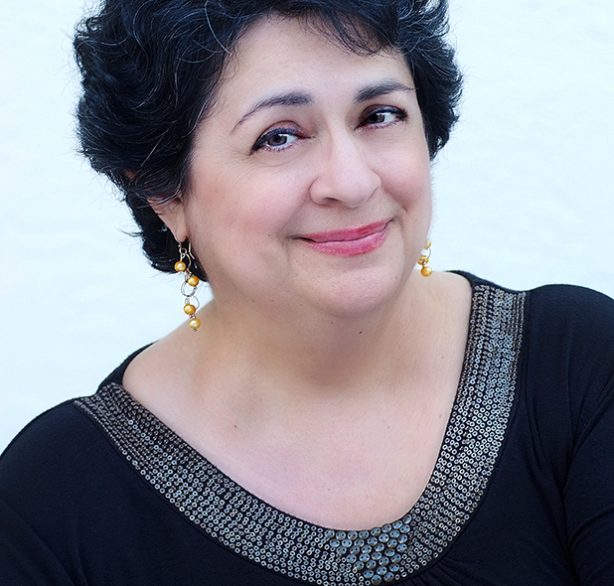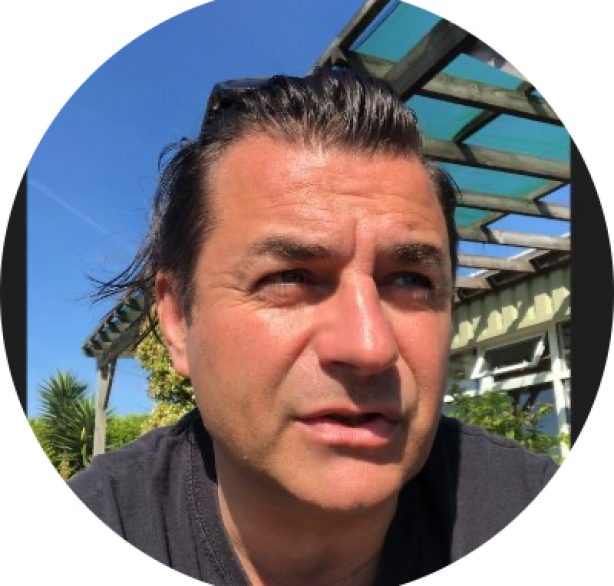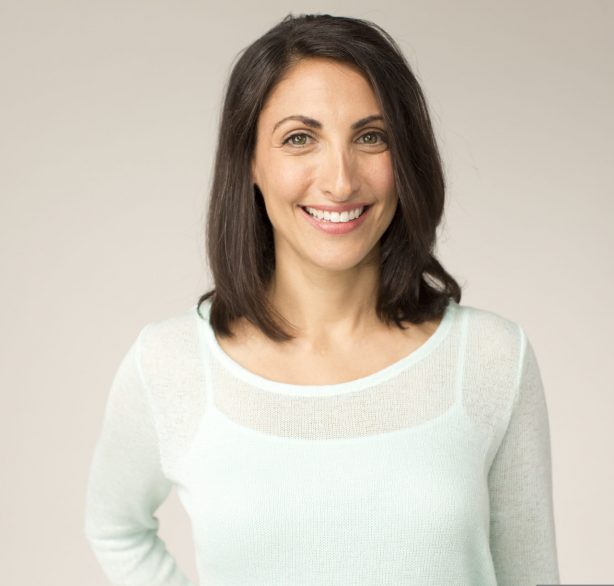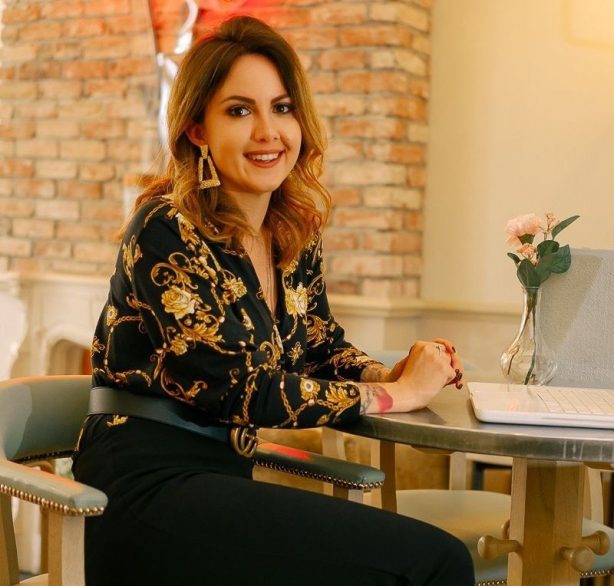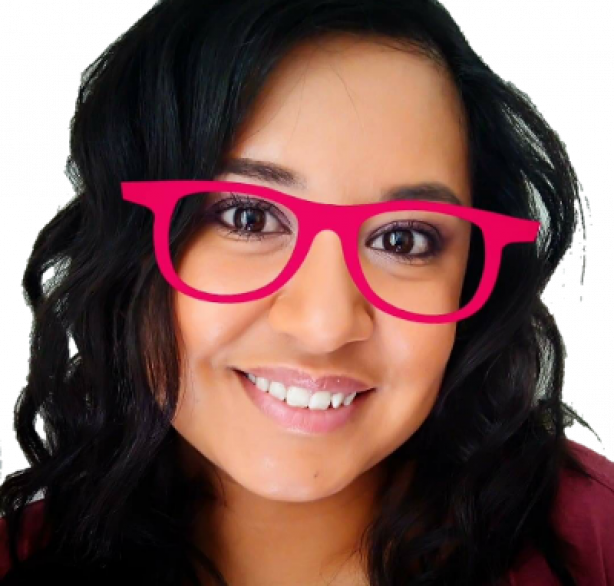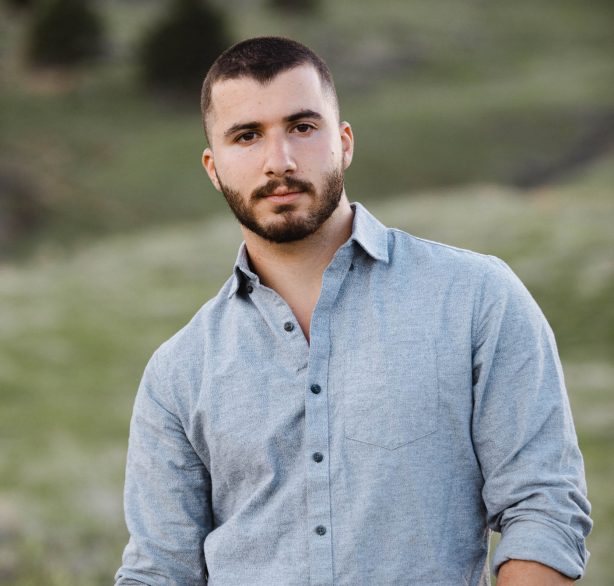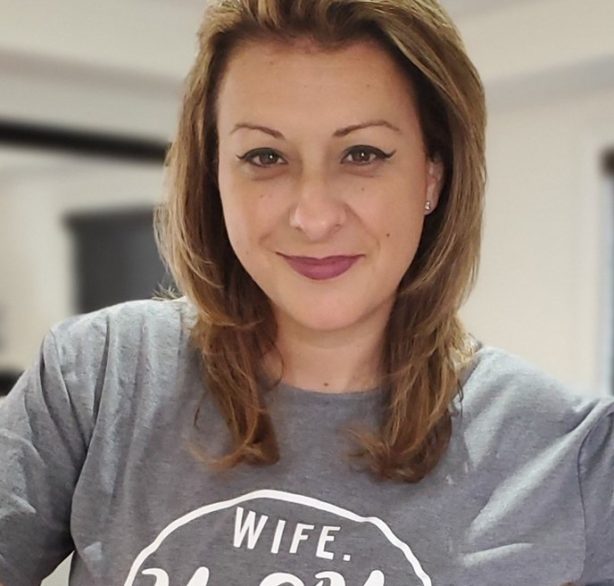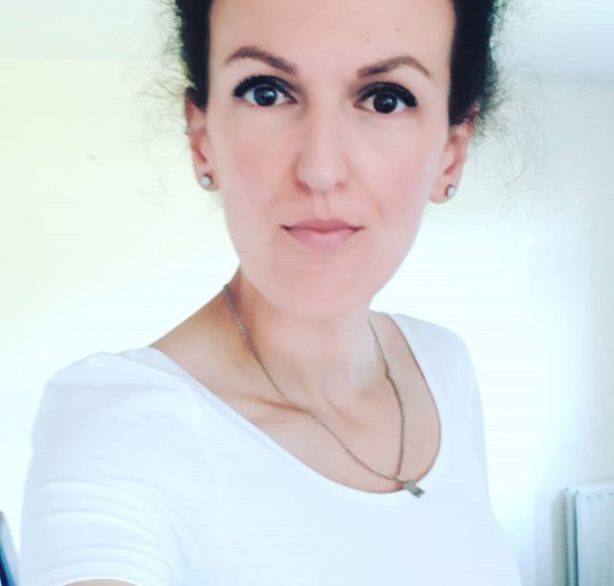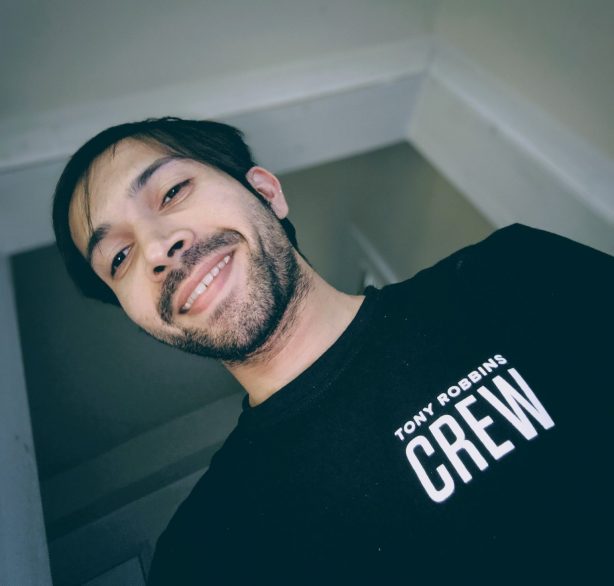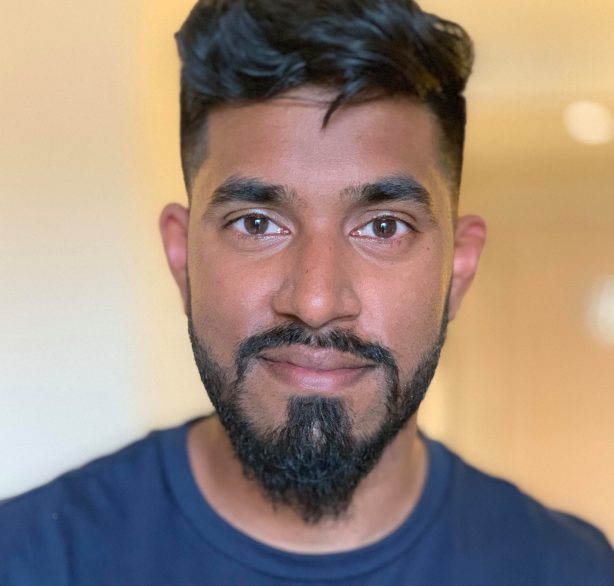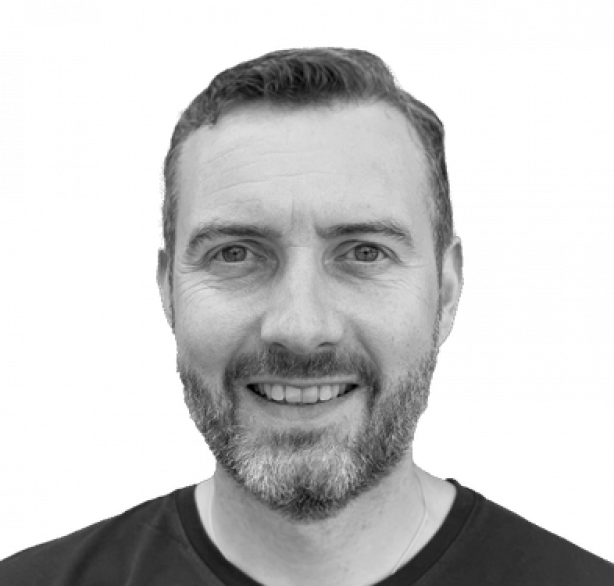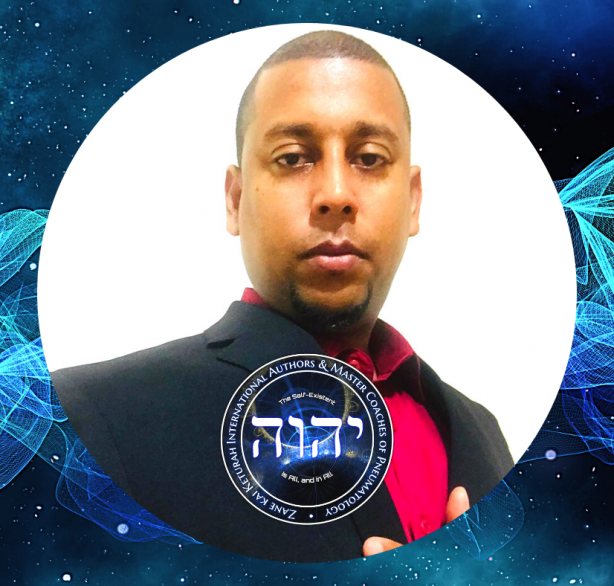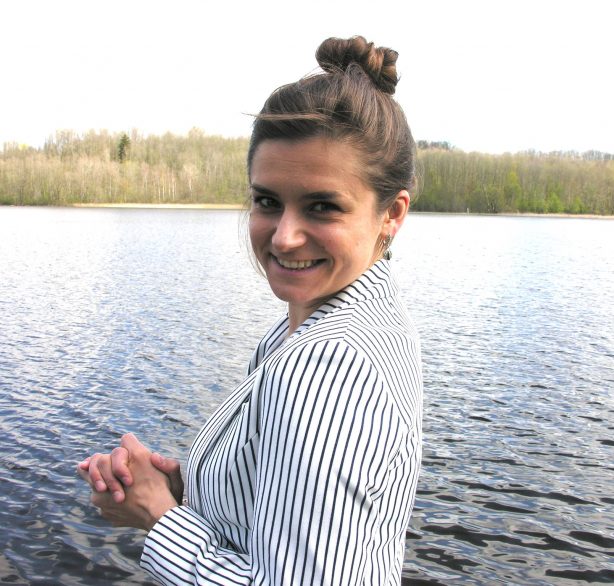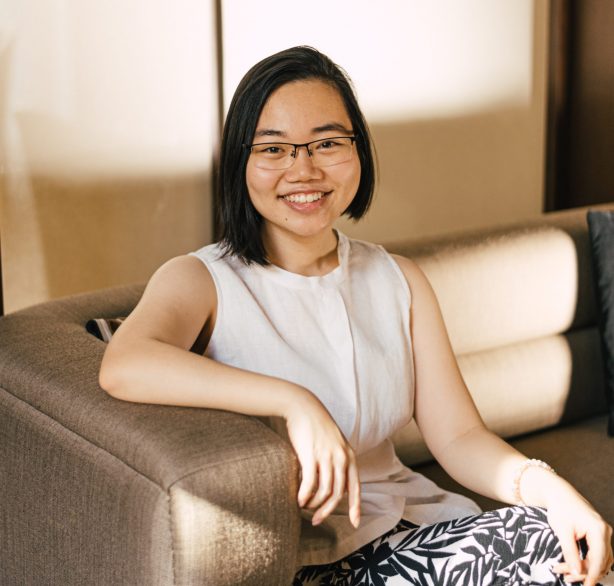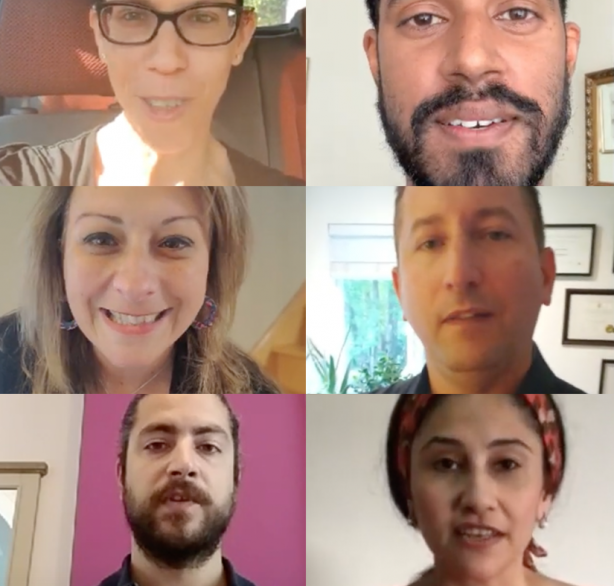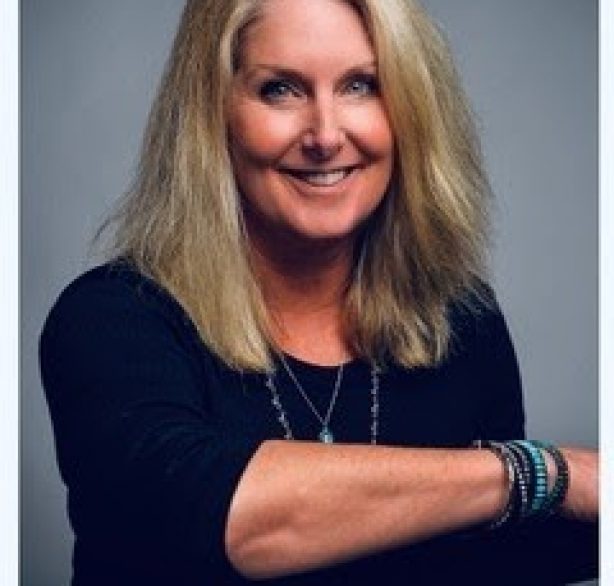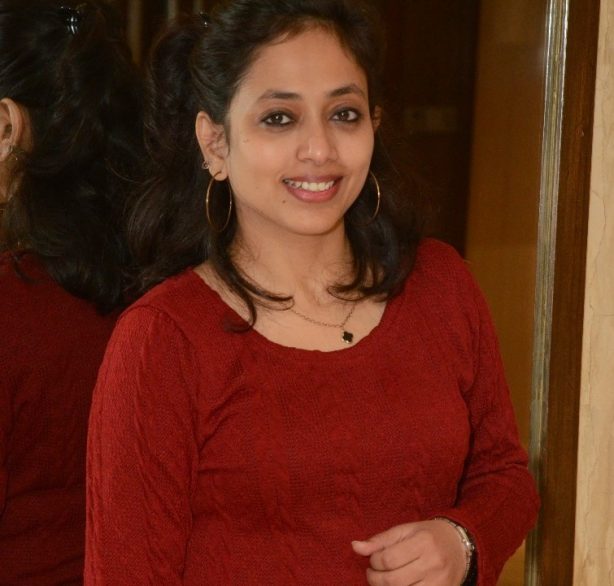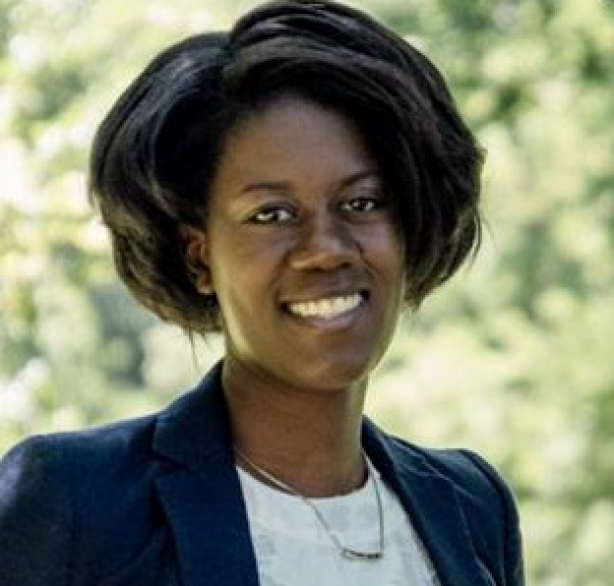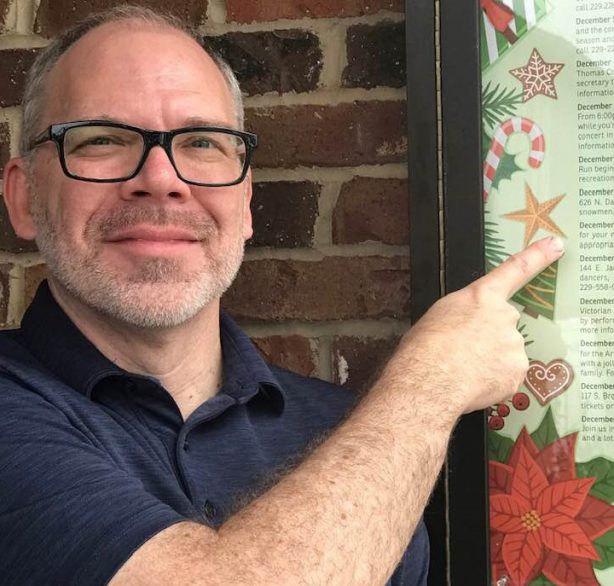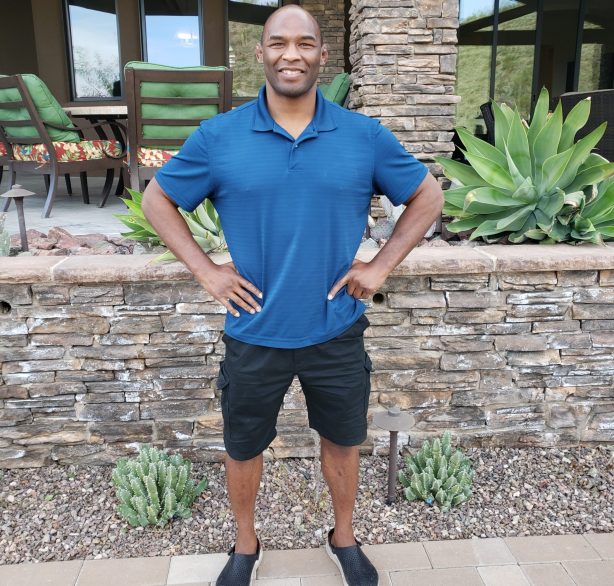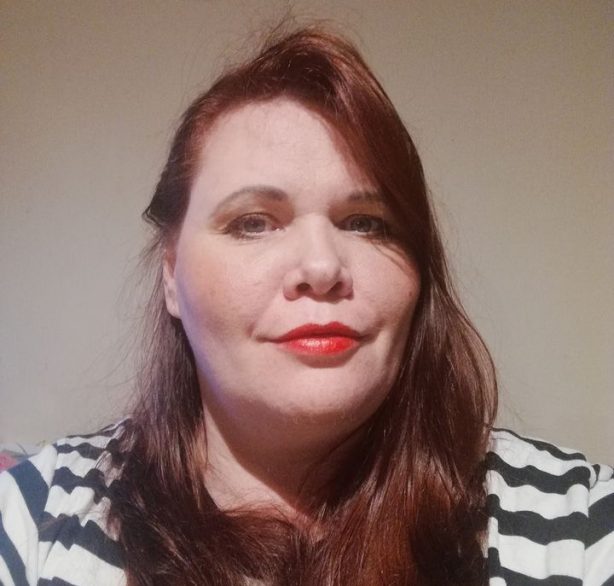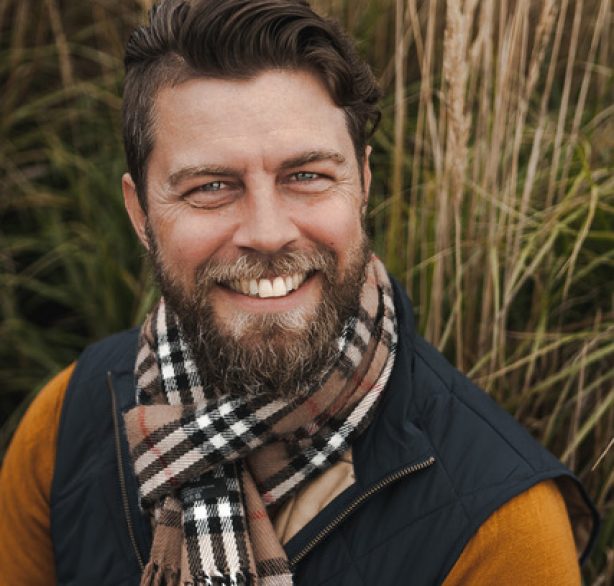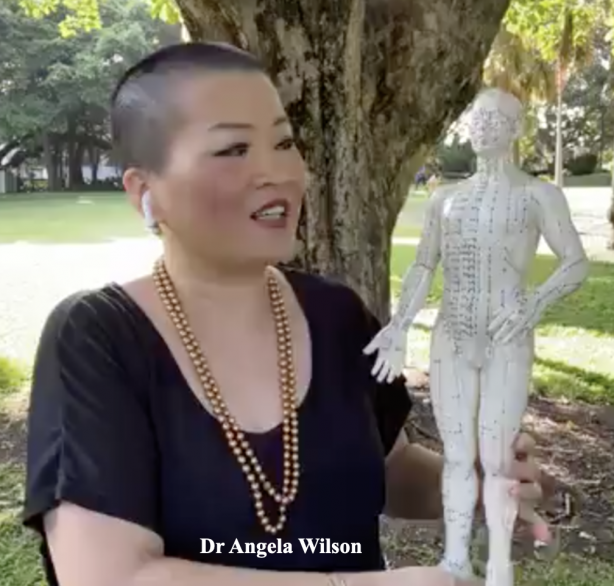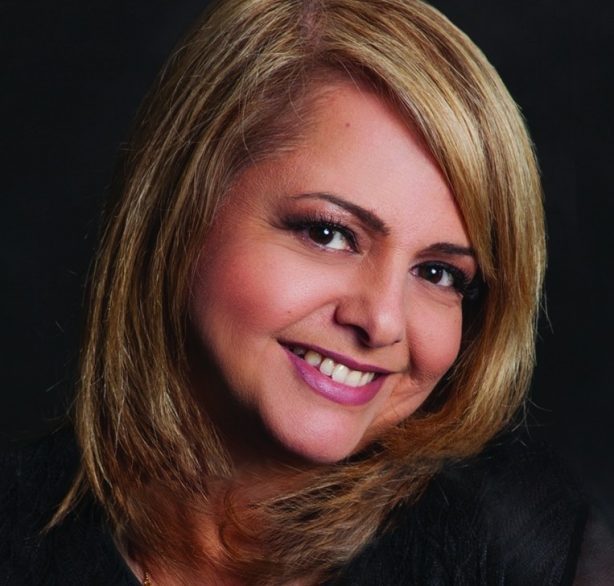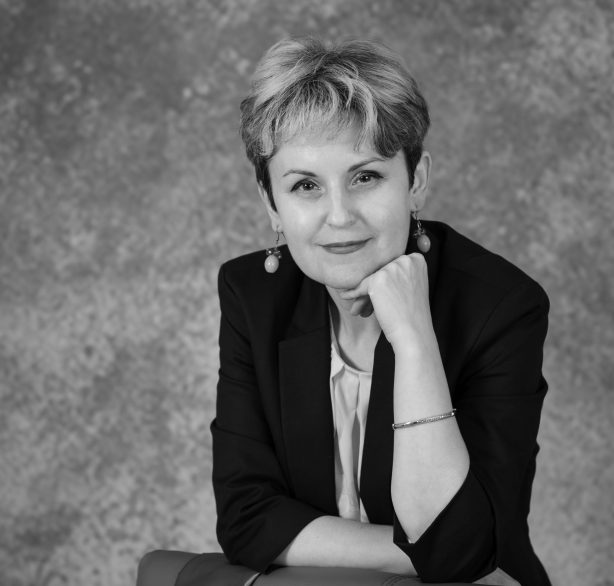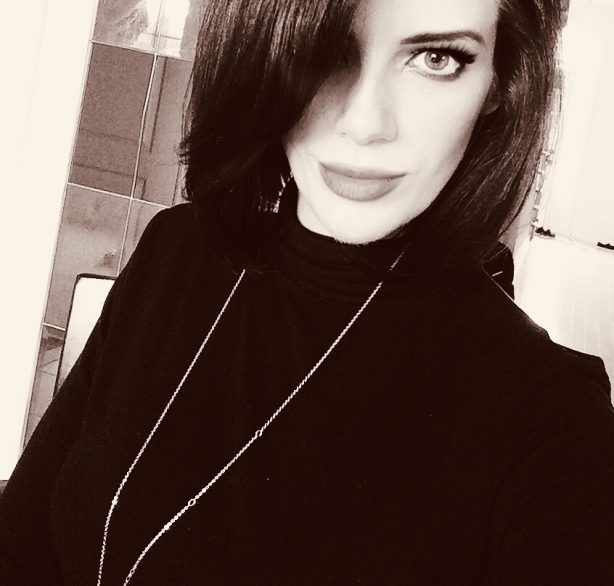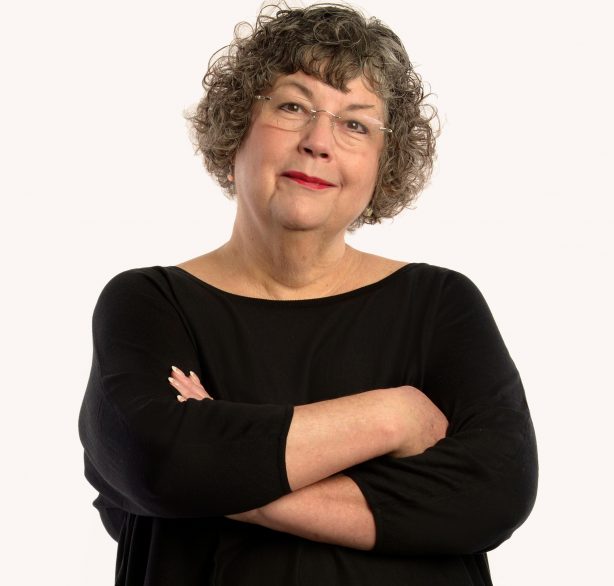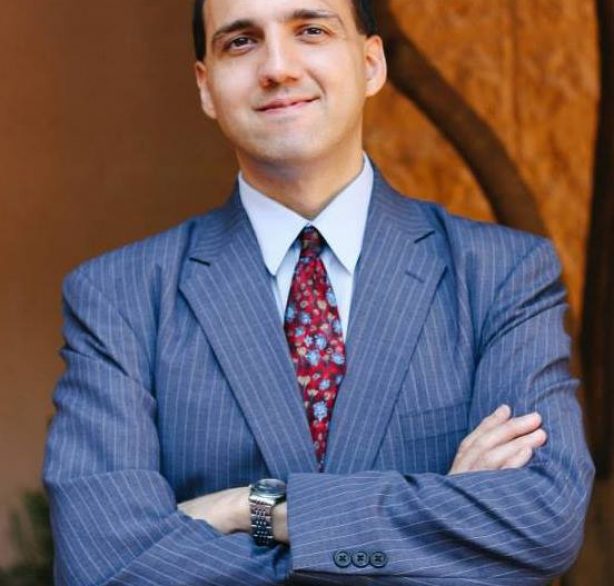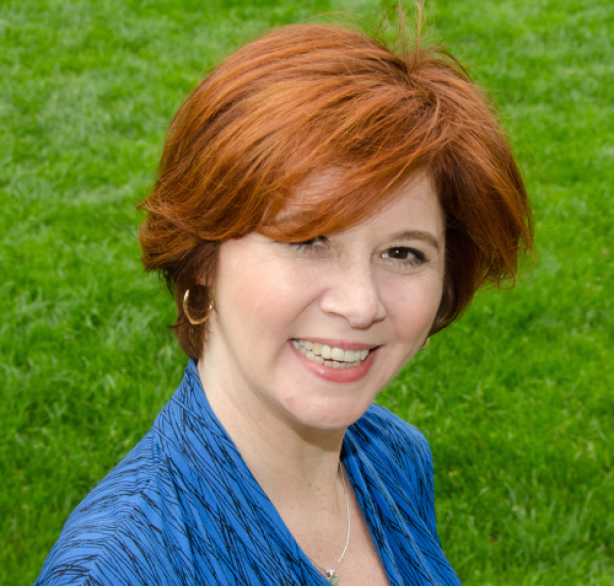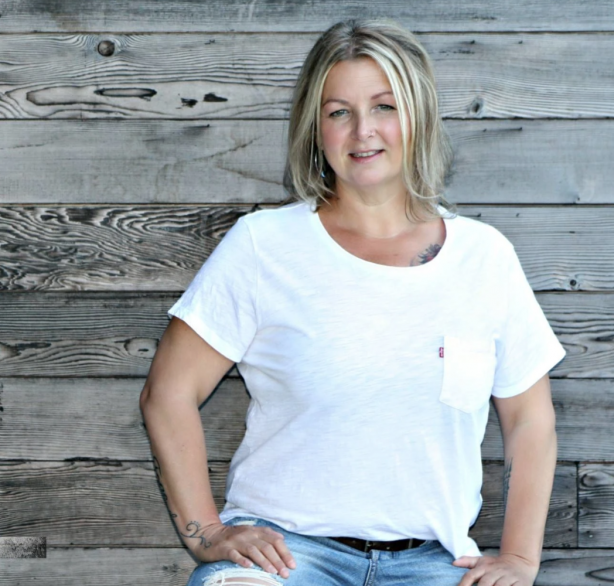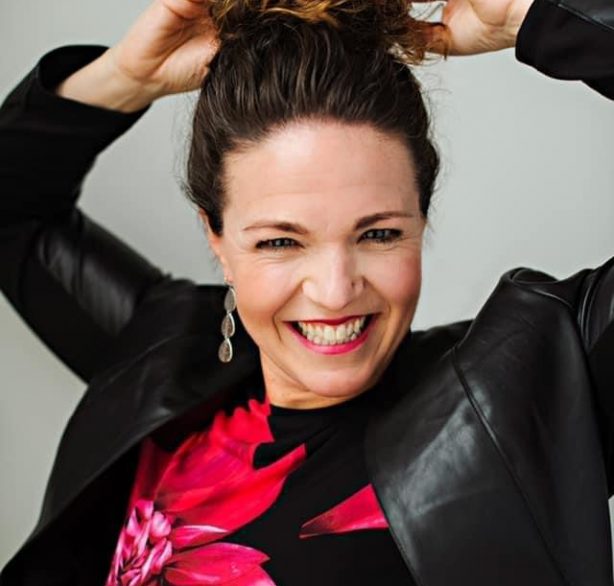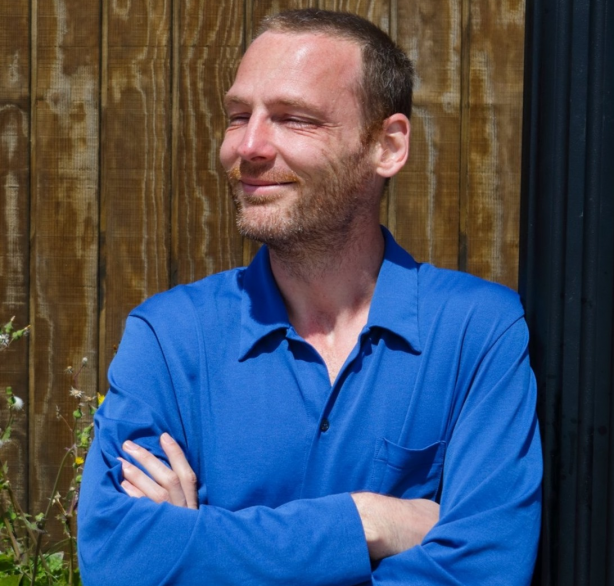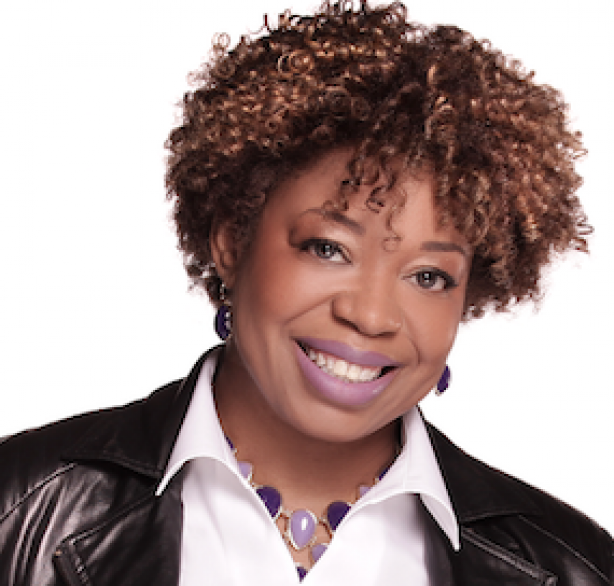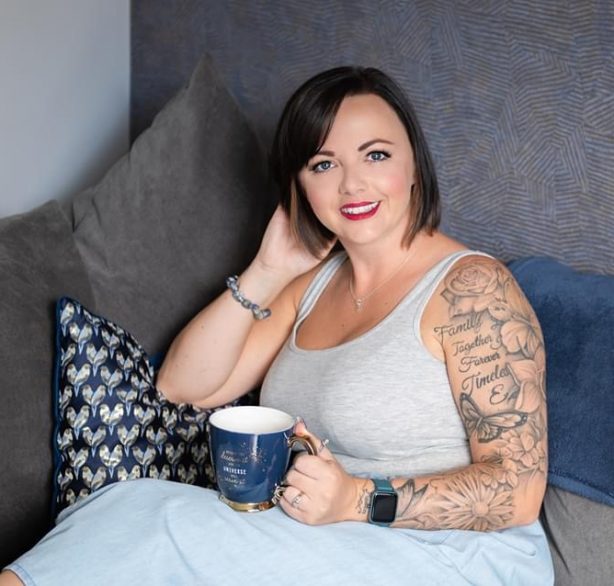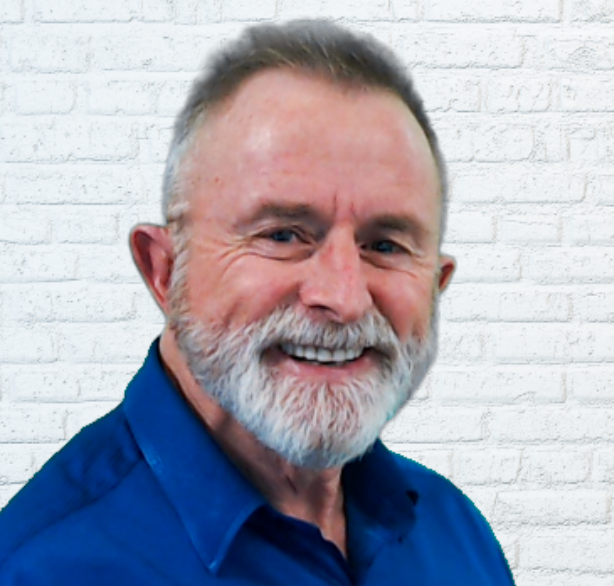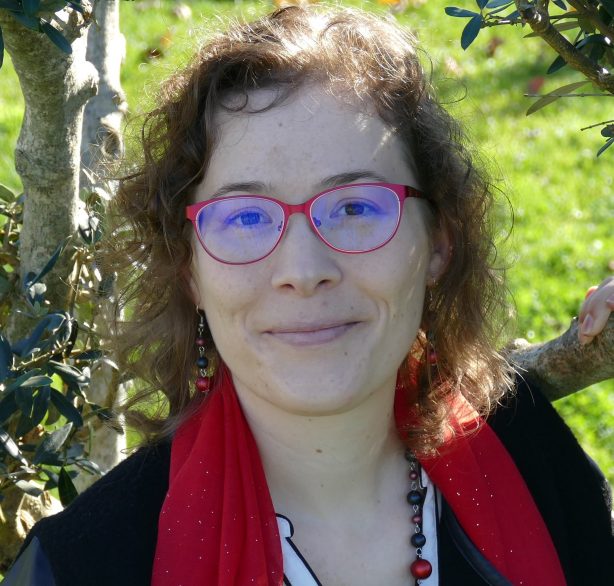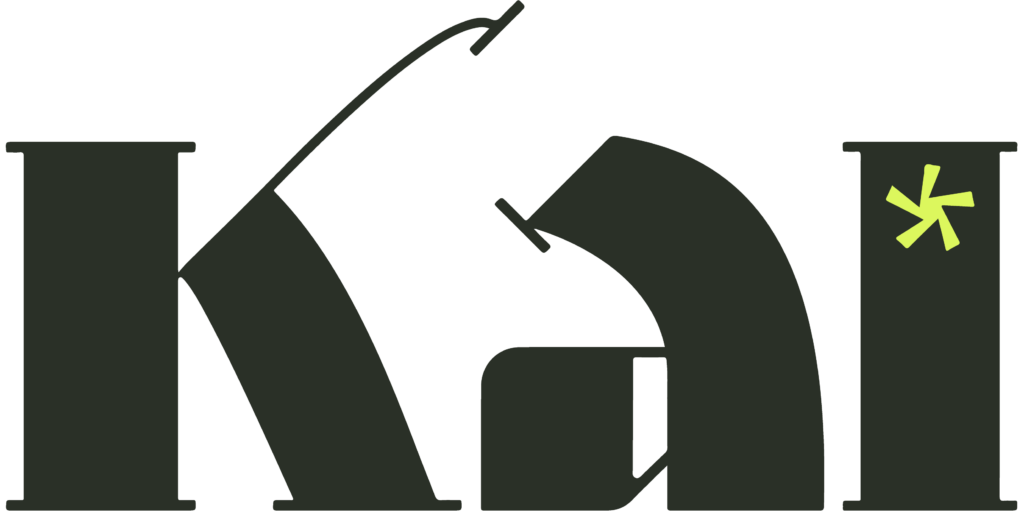Watch the full and inspiring interview with Aisha
If you prefer reading, here is the transcribed interview
Ziv: Hey, I’m Ziv and this is “On the Journey”. Every week “On the Journey” expose the intersections of wellness, spiritual inquiry, mental health, personal growth, and purposeful living through the eyes of the people we interview.
Aisha, I’d love to hear about your journey.
Aisha: Thank you. Oh, my journey, peaks, valleys, twists, turns, ebbs and flows is really how it summarizes at this point in my life. I have always been someone that has planned things out and really appreciated step by step, move by move, having plans and it never worked out the way that I’ve planned it. So I think that’s a gift, truly, that
we can prepare for so much and yet things happen. Embracing that change is really what has been the theme of my life. Share on XSo I live in Philadelphia, Pennsylvania in United States and I currently am a therapist. I’m trained as a social worker. And how I got there was, again, twists, turns, peaks and valleys. I didn’t think that I was going to end up in this career field. I first started out studying medicine in undergraduate. I was planning on becoming a doctor.
And towards the end of my college education, actually the last semester of my senior year, I was learning a lot of things about how medicine worked in the practical aspect. And from my philosophy professor and my mentors and even family members that were studying to become physicians, I learned that the health care field was changing. And this was back in 2007 where insurance companies were making their mark to dictate care.
And I really was troubled by that. And I said, well, I want to do something more. I want to work in preventative health and preventive medicine. And so I took some time away to completely step away from pursuing my medical studies and learned about public health, then traveled along that road a little bit. And then I discovered social work and understood that I could still work within the health care field and help people in a way that got me out of bed in the morning, but then also was on the front end of the preventative side of things.
And I started that journey thinking that, OK, I have a new foundation. I have a place where I’m going to start. And the twists and turns did not stop there. I realized that once I entered into the health care field as a master’s level professional, that there were a lot of things that we were telling our patients that we weren’t doing ourselves. We were telling them, go to your appointments, take care of yourself, take your medication as prescribed, rest and relax. And yet we were not doing the same things as their guides. And so I saw a lot of hypocrisy in that. I said, why are we not doing this for ourselves?
And I notice a lot of my colleagues were suffering and their health, their mental health, their lives, their families, their friends, it wasn’t in alignment. And from that moment, I looked back in the years leading up to that moment and said, this is a trend. This isn’t just happening in the health care field. And so I decided that I did not want to actively participate in that lifestyle.
I wanted to create a sense of normalcy around taking care of ourselves and truly doing that from top to bottom. And so these past several years have been me trying to cultivate that for myself. And I’ve done that.
Ziv: I want to jump in because you say so many interesting things and I just have to ask. So one of them is about, you know, I think that most of us, we know what can make us feel better or what can make us feel like live a better life. Sometimes we need someone to tell us that but it’s not like it’s not a big surprise, like eat healthier, keep your physical in good shape and explore, read, breathe.
So it’s so easy to tell others what they need to do. And it’s so easy for all of us not to do it. So you noticed it with your other colleagues or your team. But I think it’s like everyone suffers from that thing, that we know what is good for us and still we don’t do it. We know it’s good to go to the gym. We know it’s good to go out and run, and we just don’t do it. And you also mentioned the change in the twist that you embrace it. Most of us don’t, like it so difficult for me to change and to get out and run instead of watching something. How do we do it? How do we change? How to pursue what we know?
Aisha: Yes, that’s a great question. So one thing that I like to challenge people on is that even if you were to run every day on a schedule, practice yoga, meditate, eat right, get eight hours of sleep every night. That is not going to prevent you from burnout. That’s not going to prevent you from, as you describe, this suffering.
And so there’s more there and I think that’s the missing piece. There’s a lot of folks think that if I have a self-care routine, then I’m going to alleviate any potential suffering and that’s just not true. If it was true, the self-care industry would not be a trillion dollar industry. There are a lot of these industries. They are built on the fact that people are not going to follow through because if people followed through they’d be able to do it on their own and therefore they would essentially be eliminating themselves from the job.
And that’s one of the things that myself and my colleagues talk about a lot, I hope that one day I am not needed. I hope that one day I don’t have anybody calling me saying I need help with managing my life. Because it would, at that point, it would become so natural to our everyday and so ingrained into our society that it would just be as simple as taking an inhale and exhale.
And as you know, some of us still have difficulty with that, just sitting with ourselves and practicing mindfulness. And so I feel one of the things is just acknowledging that self-care, and having a self-care routine is not enough. There is a missing piece there.
Ziv: What is it? What is the missing piece?
Aisha: Yeah.
So one of the things that I talk about a lot with my students and my coaching clients is the missing piece is really figuring out what’s going to sustain you in this lifestyle. So one of the things that I feel like sustains a healthier way of living is boundaries. And not thinking about boundaries is something that keeps people out, but keeping in mind that boundaries keep us safe.
And so one example that I like to give folks, especially for those that I work with around workplace stress, is the boundary of having access to your work life when work is over.
So our smartphones, for instance, we have access to everything in the palm of our hand but at some point there could be an opportunity for you to shut off that access, so not having your email on your phone, your work email on your phone. Not answering phone calls after a certain time. Not allowing yourself to eat lunch, right, that’s a boundary that you’re crossing.
And so if we look at where in our life are missing boundaries, how can we introduce the boundaries and think about it as I’m not trying to keep people out, I’m not trying to be a stickler, but I’m really trying to keep me safe. I want to keep myself nourished. That’s why I eat lunch every day. I want to keep myself stress free. That’s why I don’t have my work email on my phone or answer work phone calls after a certain hour. So I’d say boundaries is one of those things.
Ziv: So when you say, it’s really interesting, the choice of the word “boundaries” and in a way it reminds me like, OK, so we want to shape ourselves, right? We can be all over the place, on the phone, at work ,with thoughts, with really bad life habits and each one of us decides what is good for us. And then we start shaping the human beings that we want to be. And when you shape, like you cut things off or you add things and calling it boundaries, it’s really interesting.
The question is to create these boundaries if the basis of it is not rituals and habits and routines, because if I want to take my phone aside, I need to create something that will allow me to put it aside at such an hour or to take it off or to create this routine where I don’t eat at a certain hour or the things that I eat and don’t eat. So these boundaries, what are they made of? What are their building blocks?
Aisha: Yes, that’s an excellent question. So the boundaries, their foundation is in kindness. So I find it very difficult for people to set rigid boundaries because if something is rigid, we’re not going to be able to move it when necessary. So using the example of taking lunch, if we say I’m going to eat lunch at the same time every day, 11:30 a.m. lunch every day, and something comes up and butts up against that boundary, then we’re put in a position to say, does this boundary mean more to me than what I’m getting out of setting this boundary?
So then we’re attached to the fact that lunch is at 11:30, as opposed to getting attached to I’m nourishing myself. I need to take the time to take care of myself. So that’s where the boundary is.
It’s not necessarily the time stamp that we’re putting on it but the actual purpose of taking that time. When we’re thinking about setting boundaries, it’s also important to think about the kindness factor to it. So, again, not locking ourselves into something that’s rigid and firm, but something that’s a little bit flexible.
If we’re considering how kind it is for us to nourish ourselves, what other benefits come out of that? I might not be cranky. I might not have a blood sugar spike. I might be able to just relax a little bit and take a step away from my desk. So there are many benefits of setting healthier boundaries, but it doesn’t have to be rigid in order for it to work.
Ziv: Not rigid, and you sell, so I need to remember the value and the purpose, so that’s what will allow it to be flexible and not rigid.
Aisha: Yes.
Ziv: So not to use the tool as the goal, but as a tool.
Aisha: Yes, absolutely. It’s a pathway. The boundary is really the pathway to get you to what you value. And that is another thing that I talk a lot about with my clients and my students is that consider what the value is and what you’re doing.
With our self-care routine, a lot of this self-bullying comes into play where it’s like, oh, I have to do this yoga or else, I have to do this meditation or else, why not just say, what is the value of me practicing yoga? What is the value of me practicing meditation? If it’s to say to all my friends, Oh, I practice yoga and meditation, or is it because it gives you something, there’s a benefit there? Does it make you feel more calm? Does it allow you to, again, carve out that space for you to have a clearer mind? There are so many values and benefits that come along with self-care. But again, if we’re bullying ourselves into doing it, that is not a foundation of kindness.
Ziv: Yeah, I agree but I think there’s a fine line which is a bit of a challenging because, let’s take the yoga for example, so let’s say I practice yoga almost daily or daily. It really helps me a lot but I also know myself and I know that if I would quit for two days in a row, most chances in two years, I would wake up and say, oh my gosh, I need to do yoga because I just missed two years because of these two days.
So becoming a bit obsessive around it. I know that if I will miss a day or two this wonderful great habit that really helps me might go away. So I protect it, maybe a bit extreme and or maybe a bit rigidly because of the fear that I might lose it if I will not do it. So how do we continue to be kind to ourselves and on the other hand, be persistent, persistent and don’t give up on our habits?
Aisha: Yes, so I am a trained yoga teacher and I practice meditation as well, and one of the principles of yoga and meditation is practicing impermanence and not attachment. And so if we allow ourselves to say, what is the value of this practice? We can separate ourselves from the act and we can say the value of me practicing yoga in this example is that I’m more in tune with myself.
If we practice being very clingy and attached to the idea of what we’re getting out of it, we’re pulling ourselves away from ourselves, we’re putting it more on the practice itself. And so when we are forcing ourselves into doing something in a very regimented and rigid way, we’re truly not practicing the practice.
We’re just putting this obligation and cloaking it into, oh, I’m practicing yoga because that’s what it is. And a lot of my teachers and the readings that I do about yoga meditation is that it’s more than just moving your body on in that, it’s it truly is a lifestyle. And the same thing with meditation, meditation is more than just sitting on a cushion and sitting quietly and training your awareness.
There are so many ways that you can invite yoga into your life. And one of the principles of the yoga, the Yamas and the Neon is that talks about non harming himself. And so if we are practicing yoga, we could invite ourselves to say, how am I practicing non harming and what I’m doing? Is it more harmful for me to be very rigid and stiff with myself? Probably. Is it less harmful for me to say, OK, maybe instead of doing 20 minutes of yoga, I’m going to move about on my mat for three minutes, or instead of rolling out my mat, I’m going to practice non-harming. I’m making sure that I feed myself a nourishing meal or I say thank you to the person at the grocery store.
And that’s where I think a lot of the work that I do with folks comes into play. It’s not only about the self-care routine, it’s about how the impact of us taking care of ourselves can spell out to taking care of other people. And that’s what was missing in the patterns that I was noticing in my career very early on, is that
we were focusing on putting so much attention into the people we were caring for and we weren't bringing that attention and energy into caring for ourselves. Share on XZiv: Aisha, I totally agree and some of the things you said are counterintuitive, especially the fact that looking into meditation is counterintuitive but the meditation itself, I’ve been practicing meditation for a few years now, and I never thought about it. So it sounds so simple now but it’s not so you enlighten me in that aspect as well. Thank you very, very, very much for your interview time, your experience, your wonderful calm and warm energy. Thank you.
Aishi: Thank you so much.
Who are you?
Aisha R. Shabazz specializes in coaching helping professionals who are experiencing career burnout.
Through her 1:1 and group coaching programs, students learn how to conquer burnout, create and maintain sustainable and satisfying careers, and ultimately learn how to live a more balanced life.
YOU CAN LEARN MORE ABOUT AISHA THROUGH HER WEBSITE AND HER FEATURE BLOG POST.

